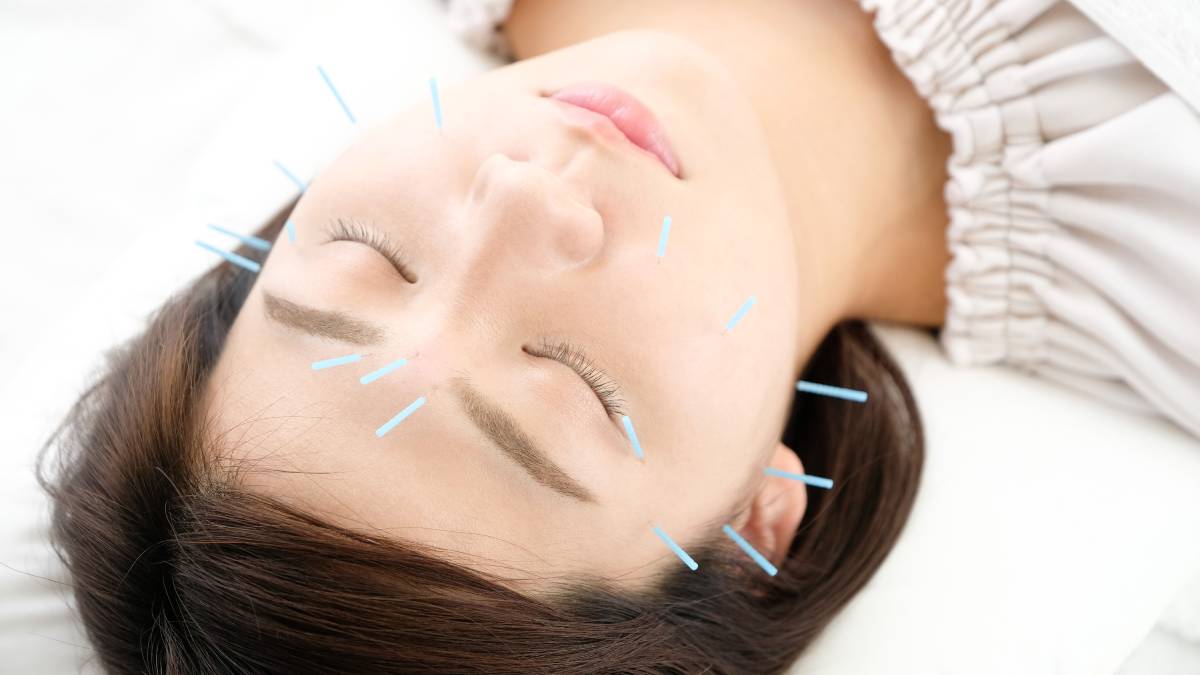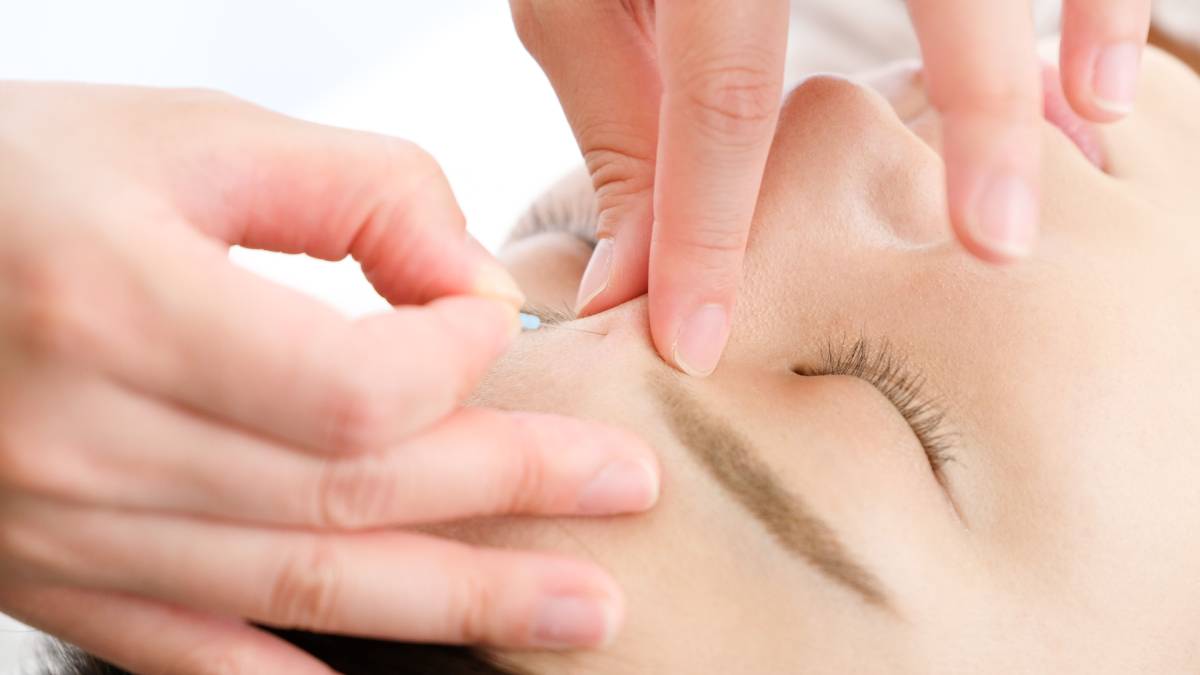
Acupuncture, a key component of traditional Chinese medicine (TCM), has been practiced for thousands of years. It involves the insertion of fine needles into specific points on the body to balance the flow of energy or Qi (pronounced “chee”). While it is commonly known for its effectiveness in treating physical ailments such as pain and nausea, acupuncture is also gaining recognition for its benefits in improving mental health and overall well-being. This article explores how acupuncture can enhance mental health and well-being, providing a natural and holistic approach to managing mental health issues.
The Connection Between Mind and Body
The concept of mind-body connection is central to both Western and Eastern medical traditions. In TCM, the mind and body are seen as interconnected, with emotional and psychological issues often manifesting as physical symptoms and vice versa. Acupuncture aims to restore balance within the body, which in turn can help alleviate mental and emotional disturbances.
Acupuncture and Stress Reduction
One of the most significant benefits of acupuncture for mental health is its ability to reduce stress. Stress is a common issue in today’s fast-paced society, leading to various mental health problems such as anxiety, depression, and insomnia. Acupuncture has been shown to activate the body’s parasympathetic nervous system, promoting relaxation and reducing the levels of stress hormones like cortisol. This can lead to a sense of calm and improved mood.
Alleviating Anxiety and Depression
Anxiety and depression are two of the most prevalent mental health disorders worldwide. Traditional treatments often include medication and psychotherapy, but acupuncture offers a complementary or alternative option. Research has shown that acupuncture can help regulate neurotransmitters and hormones, such as serotonin and dopamine, which play a crucial role in mood regulation.
For instance, a study published in the Journal of Affective Disorders found that acupuncture was as effective as selective serotonin reuptake inhibitors (SSRIs) in treating moderate to severe depression. Patients receiving acupuncture experienced significant improvements in their symptoms, often with fewer side effects compared to those taking medication.

Improving Sleep Quality
Sleep is essential for mental health, and many people suffering from mental health issues also experience sleep disturbances. Acupuncture can help improve sleep quality by addressing the underlying causes of insomnia and promoting relaxation. By stimulating specific acupuncture points, practitioners can help regulate the body’s internal clock and improve the balance of hormones that influence sleep, such as melatonin.
A study conducted at the University of Toronto found that acupuncture significantly improved sleep quality and reduced the severity of insomnia in participants. Improved sleep can have a profound impact on overall mental health, leading to better mood, increased energy levels, and enhanced cognitive function.
Enhancing Emotional Well-being
Emotional well-being is a vital component of overall mental health. Acupuncture can help individuals manage their emotions more effectively by promoting a sense of balance and stability. This is achieved by regulating the flow of Qi and blood throughout the body, which can help alleviate emotional imbalances.
Moreover, acupuncture can help release endorphins, the body’s natural painkillers, and mood enhancers. These endorphins can create a sense of well-being and happiness, helping individuals cope better with emotional stress and challenges.
Supporting Cognitive Function
Mental health is closely linked to cognitive function, including memory, attention, and decision-making. Acupuncture has been shown to support cognitive function by improving blood flow to the brain and reducing inflammation. This can enhance mental clarity, focus, and overall cognitive performance.
A study published in the journal Neural Regeneration Research demonstrated that acupuncture improved cognitive function in patients with mild cognitive impairment. The study suggested that acupuncture could be a promising complementary therapy for cognitive decline associated with aging and neurological disorders.
Acupuncture for Post-Traumatic Stress Disorder (PTSD)
Post-Traumatic Stress Disorder (PTSD) is a severe mental health condition that can develop after experiencing or witnessing a traumatic event. Symptoms of PTSD include flashbacks, nightmares, severe anxiety, and uncontrollable thoughts about the event. Acupuncture has shown promise in alleviating some of these symptoms and improving the overall quality of life for individuals with PTSD.
A study published in the Journal of Nervous and Mental Disease found that acupuncture significantly reduced symptoms of PTSD in veterans. The study participants reported decreased anxiety, improved sleep, and a reduction in the severity of PTSD symptoms. Acupuncture provides a non-pharmacological approach to managing PTSD, which can be particularly beneficial for individuals who may not respond well to conventional treatments.
Integrating Acupuncture into a Mental Health Treatment Plan
Acupuncture can be an effective complementary therapy for mental health, but it is important to integrate it into a comprehensive treatment plan. This plan may include conventional treatments such as medication and psychotherapy, as well as other holistic approaches like mindfulness, yoga, and dietary changes.
Consulting with a qualified acupuncturist who has experience in treating mental health issues is crucial. They can tailor the acupuncture treatment to the individual’s specific needs and work in conjunction with other healthcare providers to ensure a holistic approach to mental health care.
Personalizing Acupuncture Treatments
Each person’s experience with mental health is unique, and so should be their acupuncture treatment. A skilled acupuncturist will conduct a thorough assessment to understand the individual’s specific symptoms, lifestyle, and overall health. This assessment helps in creating a personalized treatment plan that targets the root causes of mental health issues.
For instance, someone experiencing anxiety might have treatments focusing on points that calm the mind and promote relaxation, while someone with depression might have treatments that stimulate energy and improve mood. Regular sessions and ongoing communication with the acupuncturist can help adjust the treatment plan as needed.
The Role of Lifestyle and Self-Care
While acupuncture can play a significant role in improving mental health, it is also essential to incorporate other lifestyle changes and self-care practices. This holistic approach can include regular physical activity, a balanced diet, adequate sleep, mindfulness meditation, and stress management techniques.
Combining these practices with acupuncture can enhance the overall effectiveness of treatment and promote long-term mental health and well-being. It’s important for individuals to take an active role in their mental health care, making informed choices and working closely with their healthcare providers.
Conclusion
Acupuncture offers a natural and holistic approach to improving mental health and well-being. By addressing the underlying imbalances in the body, acupuncture can help reduce stress, alleviate anxiety and depression, improve sleep quality, enhance emotional well-being, support cognitive function, and provide relief for PTSD symptoms. Integrating acupuncture into a comprehensive mental health treatment plan, personalized to individual needs, can lead to significant improvements in overall mental health.
If you are looking to explore acupuncture for mental health and well-being, consider Best Acupuncture Orange County. Our skilled practitioners are dedicated to providing personalized care that targets your specific health needs. To start your journey towards better mental health and overall well-being, contact us at (949) 867-0150. We look forward to helping you achieve your health and wellness goals with the support of acupuncture.

